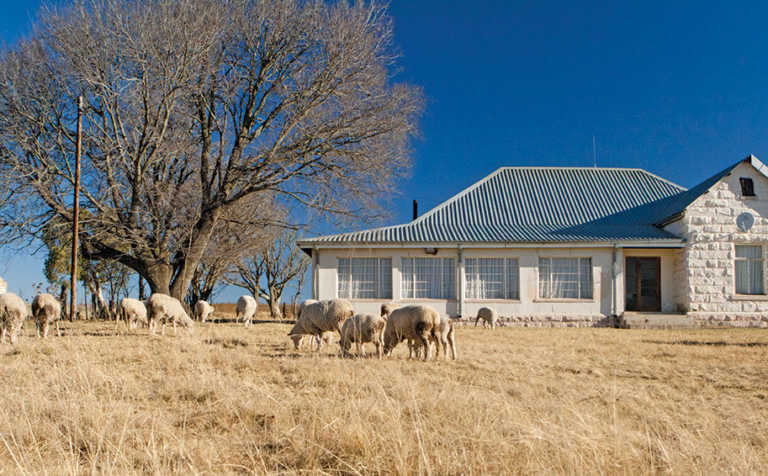
Photo: FW Archive
The national budget for the 2019/2020 fiscal year, which was tabled by Finance Minister Tito Mboweni in Parliament on Wednesday, represented, according to the minister, a financial and spending plan for South Africa that was “in the interest of our people and our country, and not in the narrow objectives of any political party”.
Mboweni, who referred to himself in the budget speech as a “part-time farmer”, said there would be no quick fixes for South Africa’s economic woes, but added “we are ready to plant the seeds of the future”.
READ How young black farmers can make headway in the agri industry
The documents tabled by the minister suggest that government spending on agriculture and rural development for the year ahead and over the medium term will focus on supporting black emerging and smallholder farmers, expanding export market access, and funding a number of infrastructure projects.
“We are supporting private sector investments in agriculture by emerging farmers. R1,8 billion is allocated for the implementation of 262 priority land-reform projects over the next three years. R3,7 billion is set aside to assist emerging farmers seeking to acquire land to farm,” Mboweni said.
READ Kenyan model shows how to support emerging farmers
He also indicated that the Land Bank would support smallholders, leveraging partnerships with other financial institutions to achieve its aim of disbursing R3 billion in the next fiscal year.
According to the estimates of national expenditure, the Department of Agriculture, Forestry and Fisheries (DAFF) would transfer R1,2 billion over the medium term to the Land Bank to enable the bank to offer blended finance (a combination of government grants and loans at cheaper rates) to emerging black farmers with the aim of creating a projected 450 black commercial farmers within the next three years.
Consolidated government expenditure for 2019/2020 will amount to R1,83 trillion, of which R30,7 billion has been allocated to agriculture and rural development.
According to the 2019 budget review, the agriculture sector’s contribution to GDP in the first three quarters of 2018 was 3,2% down from the same period in 2017.
The document suggests that in order to increase the contribution of the agriculture, forestry and fisheries sectors to GDP, industry and government needs to work together to expand export market access.
READ Why SA and Namibia should strengthen trade links
“Trade promotion, market access and water interventions are crucial to attract investment in key crops such as apples, table grapes, citrus, avocados, macadamia and pecan nuts, and beef, which hold significant export potential,” the review states.
DAFF will receive a budget allocation of R24 billion over the medium-term expenditure framework (MTEF) period, which runs from the 2019/2020 to the 2021/2022 fiscal year.
Over the medium term, DAFF plans to spend R330,5 million allocated to the Trade Promotion and Market Access programme to increase exports to Africa, China and elsewhere, mainly of apples, grapes, pears, wine, sugar, maize and fish.
According to the estimates of national expenditure over the medium term, R1,9 billion will be made available through the Ilima/Letsema projects grant to support 145 000 subsistence farmers.
READ State of the Nation address elicits optimism from agri leaders
The department’s planned infrastructure projects amount to an estimated R768 million over the medium term, which will include transfer payments to the Agricultural Research Council amounting to R400 million over the MTEF period for the construction and establishment of a foot-and-mouth disease vaccine production facility, as well as R73,4 million for the erection of boundary fences to prevent the spread of foot-and-mouth disease in the Kruger National Park.











